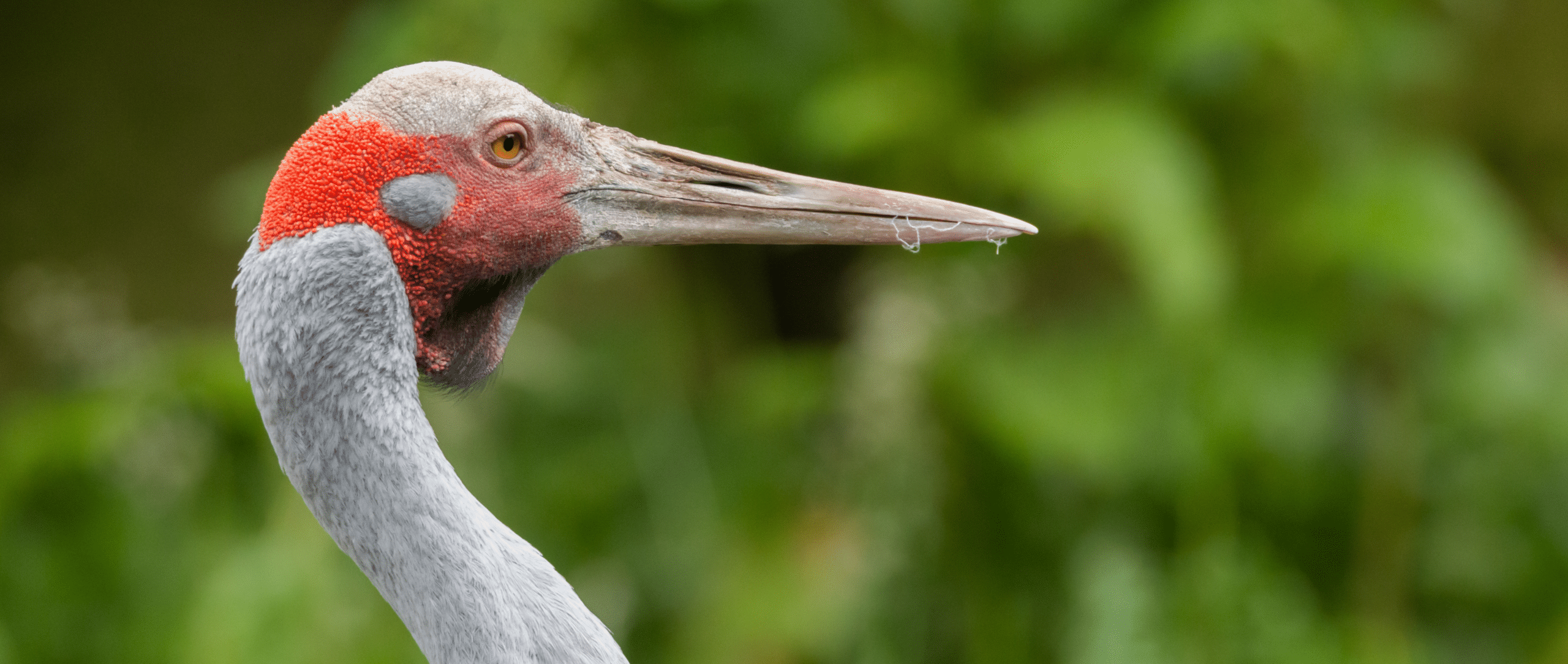SYDNEY (January 14, 2026)— Humane World for Animals Australia (previously known as Humane Society International Australia) is proud to have secured protection for two Murray Darling Basin wetland ecosystems under Australia’s new nature laws announced by Federal Environment Minister Murray Watt today. The Lower Murray, including the Coorong at the river mouth, and the Macquarie Marshes have both been listed as Critically Endangered “Threatened...
The bulk of the global trade in shark fins is set to come under the control of a global wildlife convention. Parties have voted for 54 species of requiem shark and 6 species of hammerhead to be listed on Appendix II of the Convention on International Trade in Endangered (CITES). Humane Society International is billing it as the most significant development for shark conservation in living memory. Listing these species on CITES Appendix II means that trade must be regulated to ensure that it is not detrimental to the survival of the species.
Australia is home to a number of the species and the Australian Government supported the proposal.
The decisions today are preliminary and need to be confirmed by the plenary of the conference in a few days. There is a chance that countries opposed to environmental regulation of fisheries will seek to overturn the decision.
After the vote, Rebecca Regnery, senior director of wildlife for Humane Society International released the following statement:
“CITES is the best chance we have the address the ravaging of shark populations for the global shark fin trade. This vote indicates how many countries realise the extreme threat this trade poses to sharks and rays and to healthy oceans. If the adoption of this proposal is upheld next week, this landmark proposal, which adds 54 species of requiem sharks and 6 species of hammerhead to Appendix II, provides the opportunity to save countless animals given that a hundred million sharks and rays are currently being killed to satisfy the shark fin trade.”


